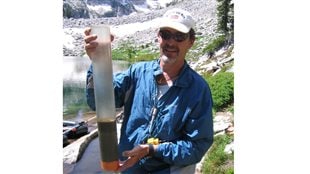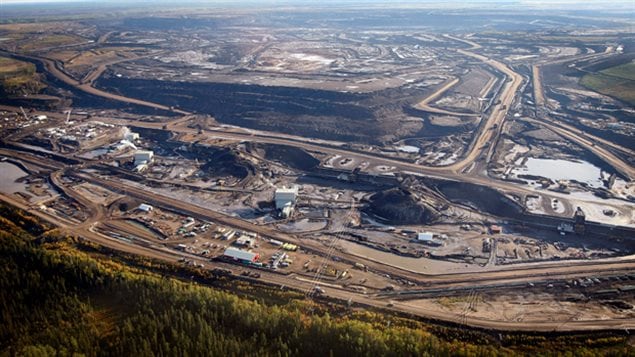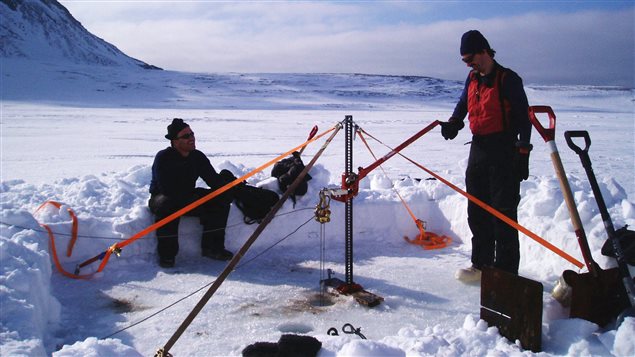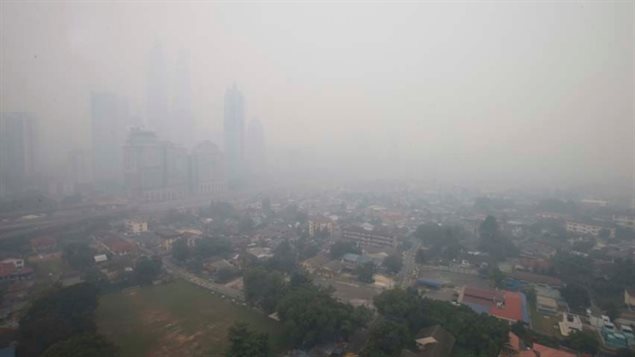Scientists have been debating the issue for quite some time: that is, have we entered a new geological age?
Now a large and eclectic international group of scientists has written a working paper on defining the reasons for naming a new geological epoch as the “antrhopocene”, as humans have so altered the environment and earth systems.
Alexander Wolfe (PhD) is the Canadian co-author of the international study. He is an adjunct professor of biological sciences at the University of Alberta.
Listen
The study paper has just been published in the journal Science Magazine, with the title, The Anthropocene is functionally and stratigraphically distinct from the Holocene
Human ancestry goes back millions of years, with a big change about 200,000 years ago with the evolution of our Homo species.
For scientists however much of human development and influence has taken place during what is currently known as the Holocene epoch. This epoch (as accepted by the International Commission on Stratigraphy– ICS) began roughly 11,700 years ago with the retreat of the last ice age, and has been characterized by relatively constant and predictable climates.
Scientists however have also long been discussing the major affect humans have been having on the Earth’s ecosystems in just the past few decades.
Professor Wolfe says the human induced changes have had such and effect that a new geological boundary, or epoch should be created adding as an example, ““In a practical sense, in the Anthropocene, it can no longer be assumed that environmental conditions will be stable on generational time scales given the wholesale changes in many key Earth parameters over recent decades”
The term “Anthropocene” has been often used to describe this, but different scientific disciplines have differing parameters and so consensus on a definition has been difficult.
Anthropocene- the age of human dominance.
An international group of scientists has been working to clarify a definition. The group from several countries involves anthropologists, paleobiologists, geologists, archaeologists, historians, and social scientists.
Alexander Wolfe also notes that if and when adopted, this would be the first time that advanced human societies will have witnessed a geological boundary, “..where the conditions on the planet are demonstrably different because of the collective effects of the human enterprise”.
“There are many people out there who still believe it’s impossible that one little primate (humans) with 7 billion individuals could possibly influence something as large as the Earth, We’d like to dispel that (belief) once and forever” A. Wolfe

He also emphasizes that the goal of the working group was not to indicate whether human activities causing these changes are ‘good or bad” but rather merely to note that they have created significant enough changes to result in a new geological boundary.
Still, he says adoption of such a new boundary, will result in more people understanding “that our species is indeed capable of creating transformations that are far-reaching and largely irreversible and that affect the entire planet”.

He notes that the “Anthropocene” also will affect economic presumptions in a number of areas about climate constancy as the environment during proposed Anthropocene, since the mid twentieth century, has been shown to be inherently less stable than the Holocene which precedes it.
Although commonly and widely used in scientific circles, there has as yet not been an official declaration of a new Anthropocene geologic age.
The international study group’s paper will be presented to the ICS in April at which time scientific discussion and voting will decide whether to accept or reject an official declaration of the “age of human dominance”.
Additional information







For reasons beyond our control, and for an undetermined period of time, our comment section is now closed. However, our social networks remain open to your contributions.